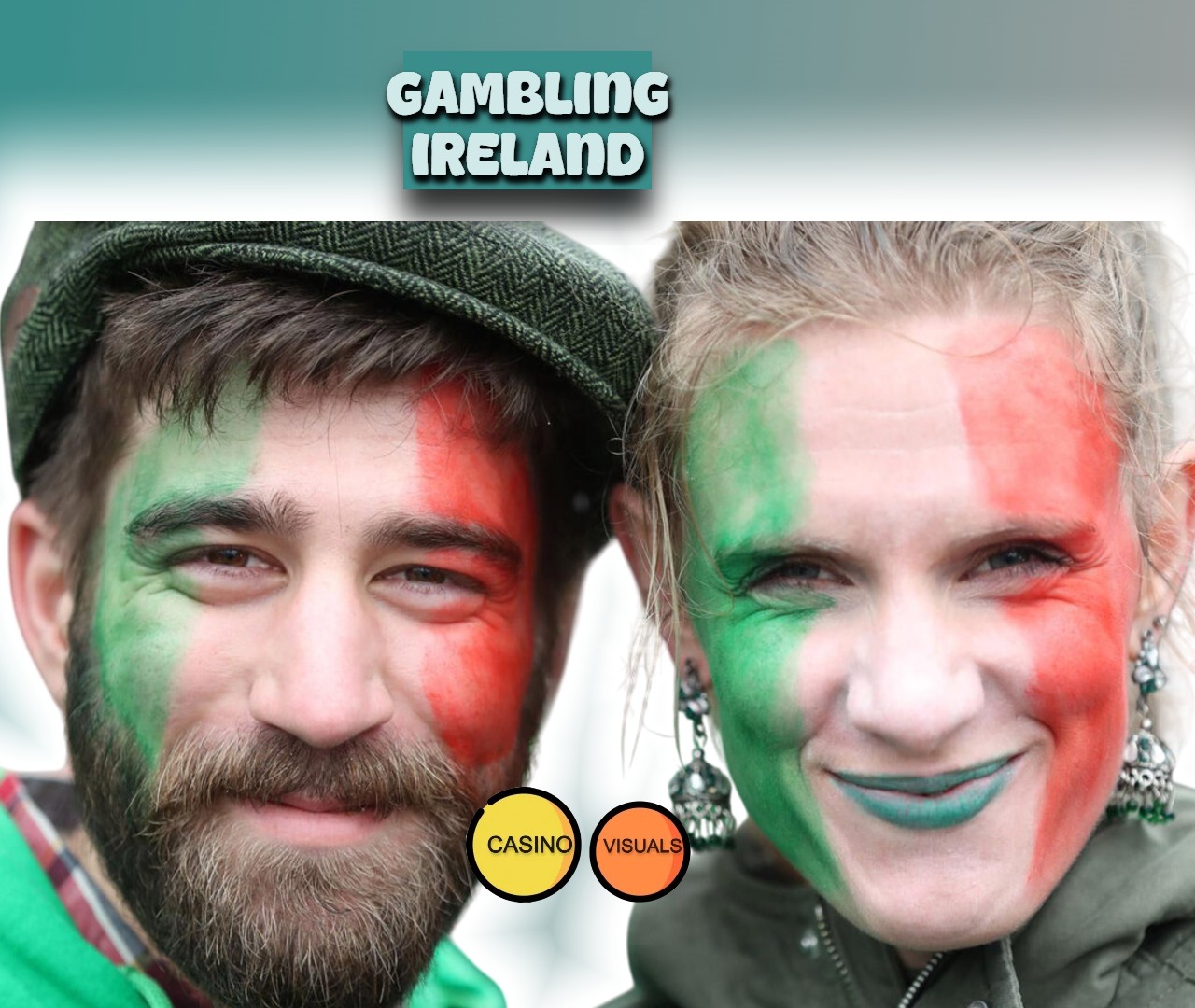
The Social Impact Fund is no charity bake sale; it’s financed by a levy on gambling operators, ensuring the industry foots the bill for the messes it helps create. As James Browne, the bill’s sponsor, quipped during parliamentary debates, the goal is “zero impact on the taxpayer.” Translation: the GRAI’s budget and the Social Impact Fund will be funded by the likes of Paddy Power and their ilk, not your granny’s pension. The Department of Justice gets to play croupier, deciding the levy percentage based on operators’ turnover. And in a quirky twist, any unrefunded player funds from closed accounts will also get funneled into the fund; because nothing says “social good” like repurposing forgotten fivers from a punter’s old betting account.
But here’s where it gets spicy: charitable lotteries, those saintly raffles for local GAA clubs or dog shelters, are exempt from the levy. Meanwhile, the big dogs of the betting world will be coughing up cash, whether they like it or not. GRAI CEO Anne-Marie Caulfield said that ministers will have the final say on the levy’s size, so expect some heated negotiations as operators try to lowball their contributions.
To shape this fund, the GRAI is going full Oprah, handing out questionnaires like they’re free cars. Four surveys, crafted with the help of Pobal (an NGO with a knack for community do-goodery), are targeting everyone from gambling addicts to their mates, families, and the NGOs picking up the pieces. Got a story about blowing your rent money on the horses? GRAI wants to hear it. Run a support group for folks hooked on online slots? They’re all ears. The feedback window, which opened on April 14 and slams shut on May 15, is the GRAI’s attempt to crowdsource wisdom before the fund starts doling out euros.
This isn’t just a feel-good exercise. The GRAI is also assembling consultant panels, including one packed with folks who’ve lived through gambling’s dark side, to ensure the regulatory framework doesn’t just look good on paper. It’s a bit like asking recovering chocoholics to help design a candy tax; lived experience brings a certain je ne sais quoi to the table.
If the Social Impact Fund sounds familiar, it’s because it’s got a cousin across the Irish Sea: the UK’s statutory levy, which kicked off in April 2025 to raise £100 million for gambling harm prevention. The UK’s version skims 1.1% of gross gambling yield from most remote operators, according to the Gambling Commission. But there’s a catch; UK researchers recently grumbled to a panel that industry-funded research can feel like taking candy from a morally dubious baby. Professor Sam Chamberlain, a psychiatry bigwig at the University of Southampton, pointed out that ethical concerns have scared off top researchers, leaving the field starved of quality studies. The fear? Industry cash, even when funneled through charities, can come with invisible strings.
Ireland’s fund risks the same tightrope walk. If the GRAI isn’t careful, its noble intentions could get tangled in accusations of operator influence or research bias. Imagine if the tobacco industry funded lung cancer studies; sure, the money’s green, but you’d squint at the results, wouldn’t you?
This isn’t the first time an industry’s been tapped to clean up its own mess. Take the plastic bottle industry, where deposit return schemes; like Ireland’s own Re-turn; make producers pay for recycling programs. Or look at Big Tobacco, which in many countries funds anti-smoking campaigns through hefty taxes. These models work best when the funds are tightly ring-fenced, with clear rules on who gets the cash and how it’s spent. The GRAI could learn a thing or two here: transparency and independence will be key to keeping the Social Impact Fund from smelling like a backroom deal.
The GRAI’s heart is in the right place; tackling gambling harm is no small feat, and the Social Impact Fund’s focus on research, education, and treatment is a solid trifecta. But the devil’s in the details. How high will the levy be? Will the Department of Justice play fair, or will operators lobby their way to a slap-on-the-wrist percentage? And can the GRAI ensure the fund’s cash doesn’t taint the very research it’s meant to support?
For now, the GRAI’s questionnaires and consultant panels are a promising start, like a gambler swearing they’ll only bet €10 this week. But promises don’t pay the bills, and this fund will need sharp oversight and a backbone to stand up to industry pressure. If it works, Ireland could have a model for turning gambling’s profits into real social good. If it flops, it’ll be just another roll of the dice in the regulatory casino.